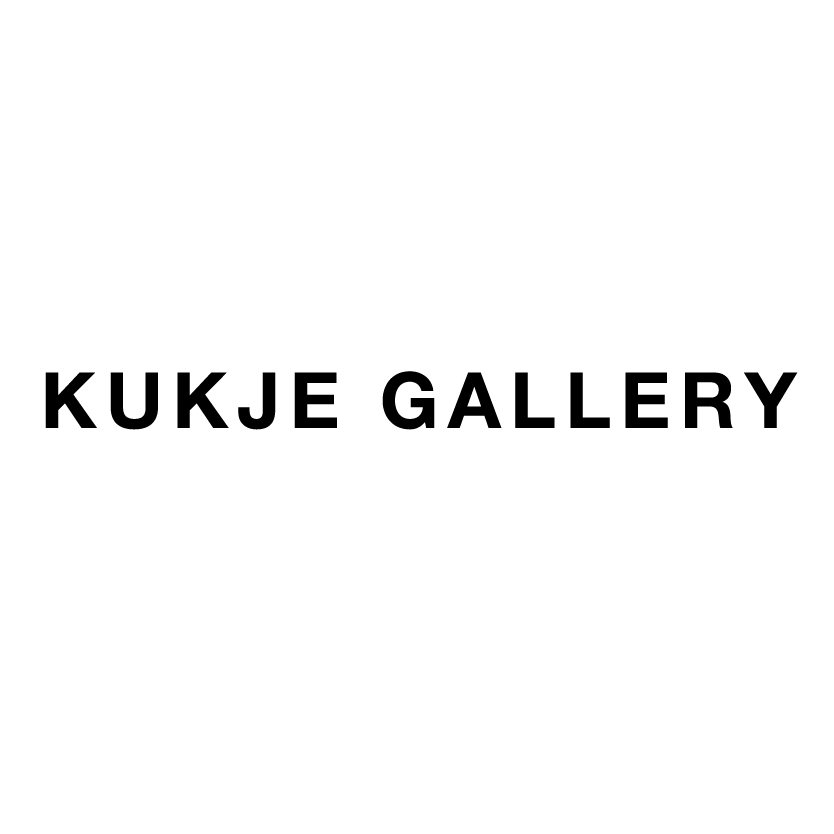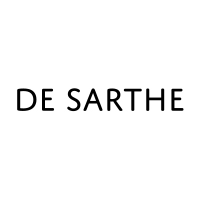Bishkek Feminist Art Exhibition Censored
By Ophelia Lai

The Kyrgyz government demanded the removal of works including ZOYA FALKOVA
The inaugural edition of a feminist art biennial that opened on November 25 at the National Museum of Fine Arts in Bishkek has been censored by the Kyrgyz government for depictions of female nudity.
The first Femminale of Contemporary Art, which features 56 Kyrgyz and international artists, is dedicated to the 17 Kyrgyz migrant women who died in a Moscow warehouse fire in 2016. The Ministry of Culture, Information and Tourism demanded the removal of several works post-opening, including Kazakh artist Zoya Falkova’s Evermust (2017), a punching bag shaped like a female torso as commentary on violence against women. Danish artist Julie Savery was also barred from staging a nude performance intended to raise awareness of the lack of rights for sex workers.
Kyrgyz culture minister Azamat Zhamankulov slammed the biennial for including female nudity “under the flag of feminism,” and stated that a special commission would be established to review the “scandalous” exhibition. Kyrgyz legislator Mahabat Mavlyanova called the Femminale “incompatible with Kyrgyz culture,” and said the museum staff who facilitated the event “have no moral right to work.” As reported by Kyrgyz news agency 24.kg, local activist Aybek Busurmankulov also took issue with “slogans about gay marriage at the exhibition,” which he deemed “unconstitutional.”
Zhamankulov stated that museum director Mira Dzhangaracheva had been “relieved of her duties” as a result of the controversy, although she subsequently claimed on Facebook that she had resigned after receiving death threats. In her post, she also criticized Kyrgyz right-wing nationalist group Kyrk Choro (Forty Knights), which she believes had a hand in orchestrating the furor. The organization has a history of disrupting LGBTQ events and storming local nightclubs it accuses of “vice,” allegedly with tacit government support.
Meanwhile, former Kyrgyz president Roza Otunbayeva defended the exhibition in a letter addressed to the culture ministry, stating: “You may have administrative power, but there is a public voice and female solidarity: the exhibition is dedicated to all the problems of women, and is dedicated to the fight against violence against women. What have you, Ministry of Culture, the entire government, done to address this problem?”
The Femminale, sans nudity, will continue its run at the National Museum until December 15 as scheduled.
Ophelia Lai is ArtAsiaPacific’s associate editor.
To read more of ArtAsiaPacific’s articles, visit our Digital Library.







